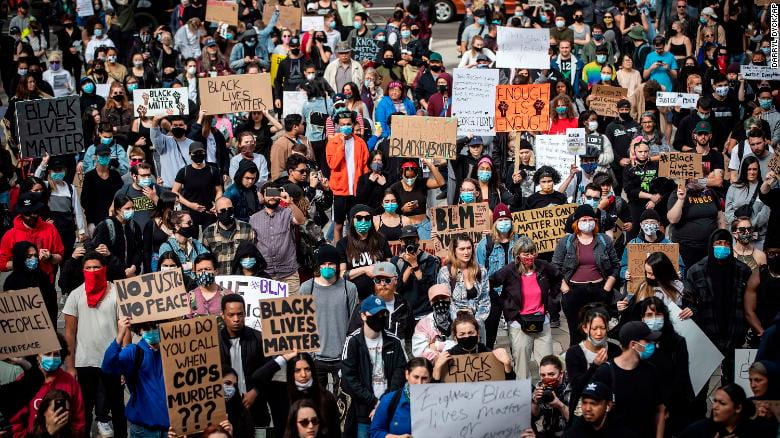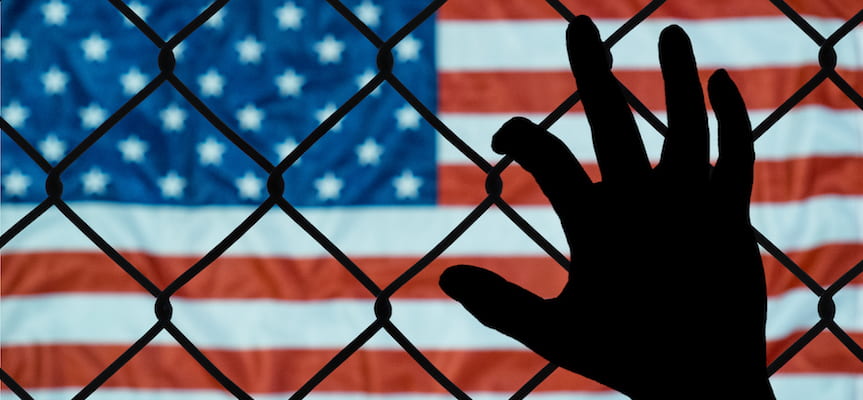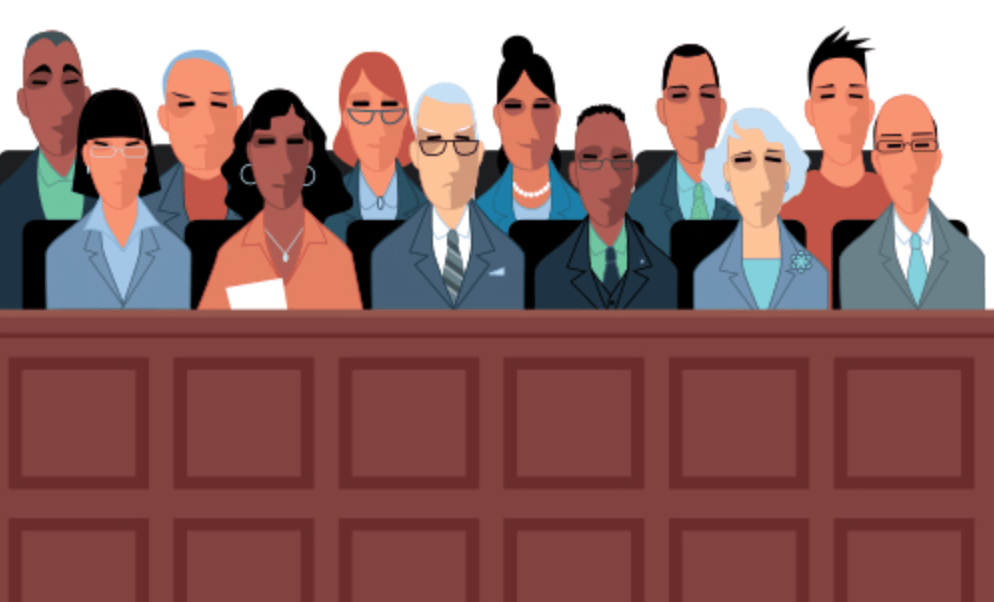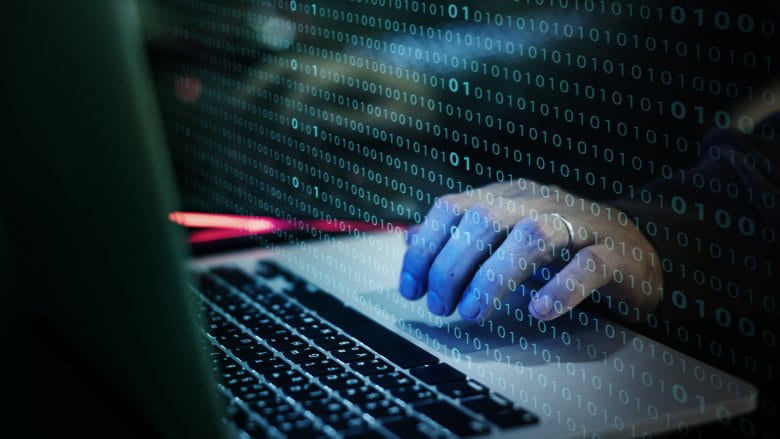
Lady Justice Plays Peek-a-Boo: Racial Injustice in D.C. Policing
Footage of former Minneapolis police officer Derek Chauvin kneeling on George Floyd neck for 8 minutes and 46 seconds until his death, shocked the nation and led to protests around the world calling for an end to police brutality.[1] Unfortunately, for the Black...

Breaking Down the ‘Crimmigration’ Mentality
“The lack of consistent and humane federal immigration policy over the last several decades has left the nation in the midst of a legal crisis. The Trump Administration maintained a forceful stance on immigration, adding various obstacles for undocumented immigrants to remain in the United States. . . . As security threats take the spotlight, legal scholars have documented their concerns about racial bias and discriminatory policies as the rate of immigrant offenders who are processed in the criminal justice system continues to grow.”

The Batson Challenge: A Due Process Staple or Trial Court Quagmire?
The Batson Challenge: A Due Process Staple or Trial Court Quagmire? A peremptory challenge is "[o]ne of a limited number of special jury challenges given to each party before trial. [It] results in the exclusion of a potential juror without the need for any reason or...

The Case to Update the Computer Fraud and Abuse Act
Practitioners call for reform because of the inconsistent application of the CFAA between the circuits, as the Fourth and Ninth favor a narrow interpretation with a focus on original access restriction or rescinding, and the First, Fifth, Seventh and Eleventh Circuits favor broad interpretation with a focus on breaches of loyalty or non-disclosure or use terms. The purpose of a statute is to put the public on notice as to what behavior would violate the statute, and that is currently unclear in the CFAA.

The Wider Impact of Drug Legalization on the Criminal Justice System
Under a system of legalization, American courts would no longer be inundated with an entire class of offense. The benefits of legalization on the courts are multifaceted: for the drug possessor, who is no longer a victim of the fruitless War on Drugs; for the judge, who enjoys greater flexibility with a decluttered docket; and most importantly, for the public defender, who can take advantage of the much-needed decrease in workload to provide better counsel to clients.
